As you go deeper into the heart, the mirror becomes clearer and cleaner. –Rumi Carl Gustave Jung, the renowned psychiatrist and psychanalyst defines the inner dialogue as an essential tool of human beings. Often heard at times of inner conflict, it is the precursor of a decision, and propels the self to discern good from bad. Instantaneously sparking self-reflective activity in the mental-psychic fronts, it tends to generate action. The eminent child psychologist D.W. Winnicott defines it as an essential part of development of the “selfhood”. He says: The conversation takes place in the space between fantasy and reality where one …
Tag: self-knowledge
“Emotions impact health and behavior, and they should be managed to gain self-mastery.” Avicenna (970-1037), the 11th century medical savant and philosopher foretold the imperative role of emotions on human psyche and behavior in his preeminent book, The Canon of Medicine. Centuries later, James Gross, director of Stanford Psychophysiology Laboratory known with his emotion regulation model explains: Emotional regulation refers to the process by which individuals influence which emotions they have, when they have them, and how they experience and express their feelings. Human ability to control and regulate emotions using reason and willpower is a pivotal strength. Not only …
Those who compared our lives with a dream were right. We were sleeping awake and waking up asleep. – Montaigne “ The earth is heavy and opaque without dreams,” wrote Anaïs Nin ( 1903-1977) in her diary. Sigmund Freud (1856-1939) described dreams as the “ royal road to the knowledge of our unconscious activities,” in which our primitive self meets the civilized one, and where all memories are collected. The unconscious is the great guide to get to know oneself in entirety. Carl Jung (1875-1961) defined it as an invaluable resource : The unconscious communicating through dreams is at least …
Think for yourself and let others enjoy the privilege of doing so too. – Voltaire Tolerance (tolerantia in latin) is defined as the attitude of someone who accepts in others ways of thinking and living different from their own. It is considered a virtue, a moral obligation which involves respect and consideration for the other person. “ Free from bigotry, allowing different races, religions, practices, and opinions to co-exist, it is a pragmatic formula for the functioning of society, ” writes Hans Oberdiek in Tolerance: Forbearance and Acceptance. A century ago, Einstein (1879-1955), said in foresight : “ Laws alone …
To live among today’s society and to influence others instead of being influenced by them —now that’s a feat ! – Ostad Elahi In his pioneering book Public Opinion, Walter Lippmann (1889-1974) examines our susceptibility to outside manipulation, and tendency for self-deception. Our minds or mental spaces are lured by the media and the social influences of our milieu, which define our choices, snatch our attention and shift our values. Content management, artificial intelligence, and neuroscience all intervene with how we perceive, think, and make decisions; they blur our comprehension of the truth and ultimately influence who we really are. …
One wonders only when he is alone and seeks the truth. – Einstein “Inner dialogue with oneself is an essential human condition ” states psychiatrist Carl Gustav Jung (1875-1961). Murmuring, out loud, intuitive, singing, contemplating…in whatever mode, the conversation made with oneself is the characteristic of all human beings. From an early age on, one speaks to himself without any external trigger, relentlessly accommodates and comforts himself … in the form of talking aloud either through objects or directly with oneself. It allows us to reflect, to come back to our self while distinguishing us from our environment, and …
The most difficult thing is to know yourself. – Thales The impact of our perceptual patterns on the way we navigate the “self” has always been a cornerstone in understanding human behavior. Long before neuroscience started thought experiments on the nature of reality, William James (1842-1910), the pioneer American psychologist put forward “ our view of the world is truly shaped by what we decide to perceive ” and that, in effect, shapes the world around us. Carl G. Jung (1875-1961), founder of the analytical school firmly believed that the “ unconscious is our great guide .” He proclaimed that …
Happiness has been a quest for humankind evers since; from ancient greek philosophers to contemporary psychologists, from physicists to ordinary people. Definitions of happiness were constructed and reconstructed. Roadmaps were given as to where one can find it and remedies were suggested for sustaining it. For one, it is to love and be loved, for another, happiness is attainable by social acceptance, status, sucess or material wealth. Some find joy in helping others or seek it in states of gratitude. The moments or states of happiness are variant, depending on the individual characteristics and the context. But the common …



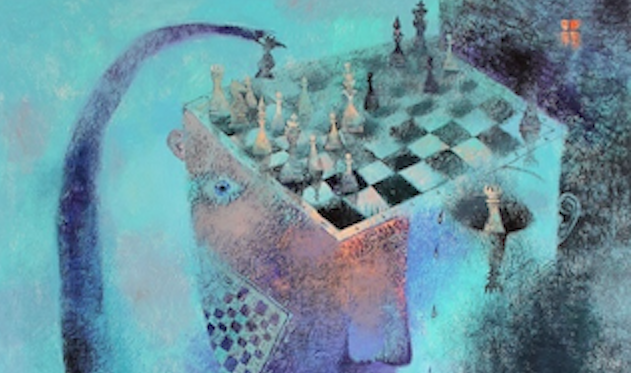
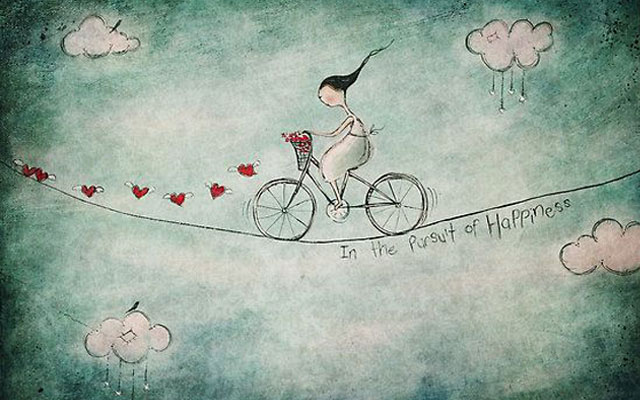

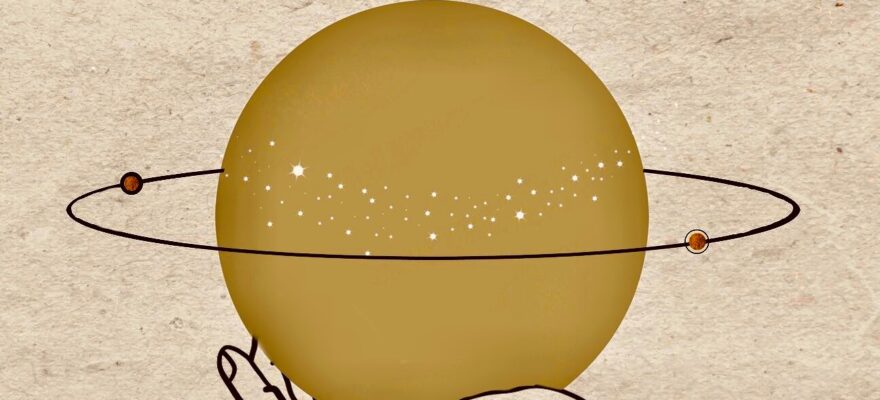
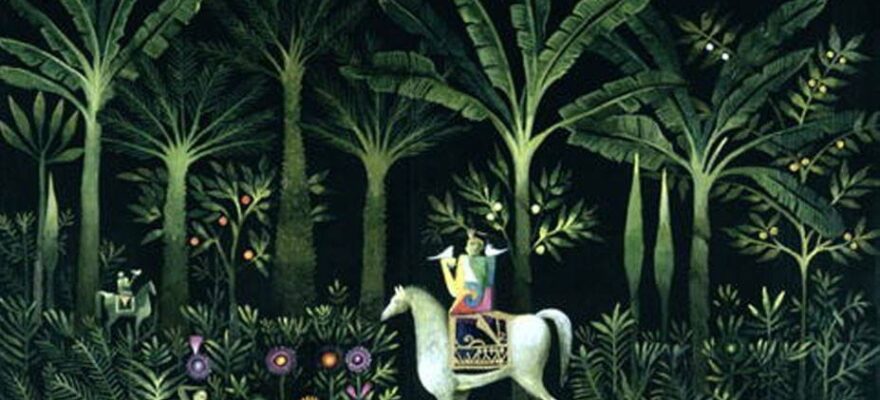
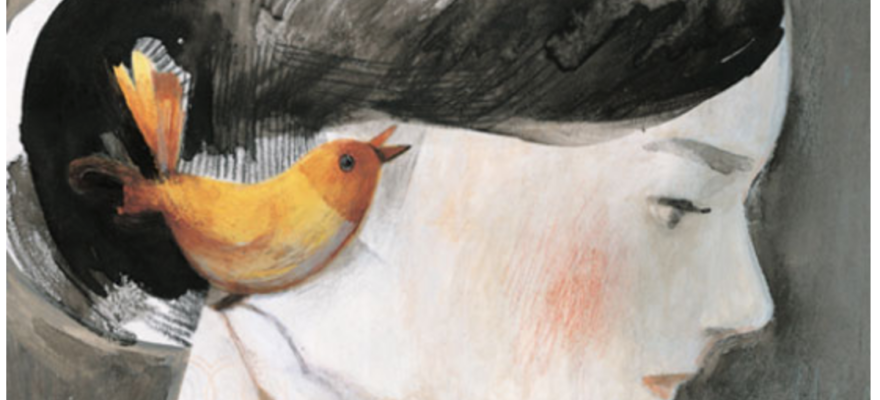







Social Profiles